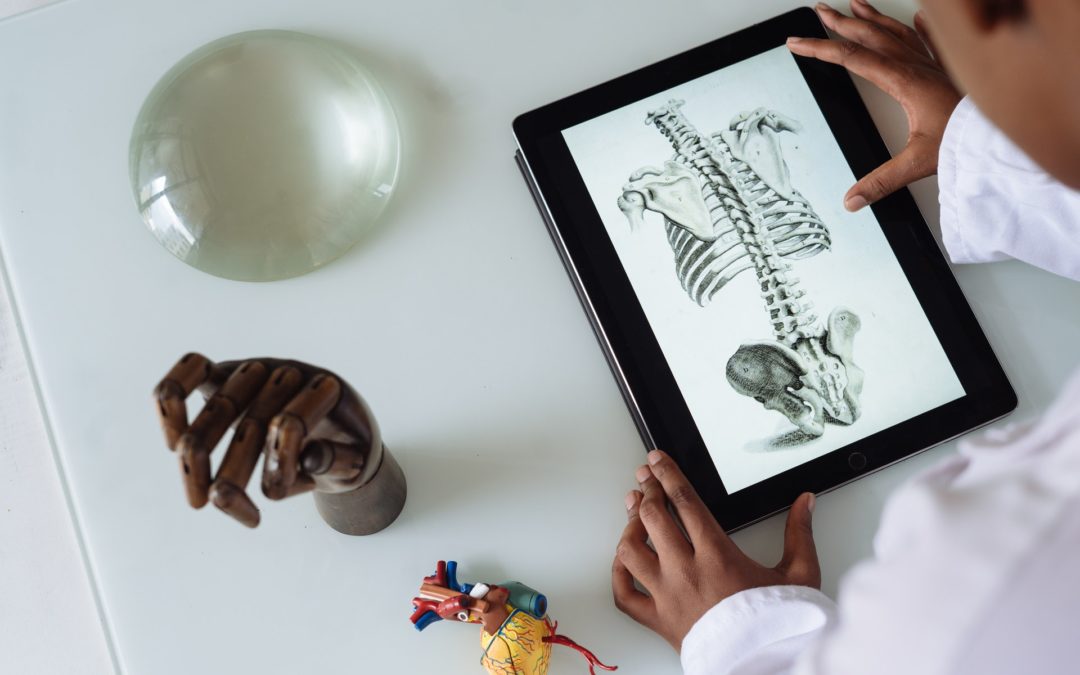The goal of medical school is to train competent, compassionate physicians to care for the population. Medical school focuses on teaching disease states and diagnostic skills. In order to produce the best physicians, there are certain skills that first-year medical students are expected to have before even entering medical school.
The Association of American Medical Colleges (AAMC) lays out the 15 core competencies for entering medical students. The competencies fall into four categories.
Interpersonal Competencies
- Service orientation
- Social skills
- Cultural competence
- Teamwork
- Oral communication
These skills demonstrate how the individual works with others and how they relate to the world and its people. Volunteer work and community service can help a prospective student hone these skills.
Intrapersonal Competencies
- Ethical responsibility to self and others
- Reliability and dependability
- Resilience and adaptability
- Capacity for improvement
These competencies are a demonstration of how an individual might behave when no one was looking. These are skills that anyone would want in a physician that might be treating a member of their family.
Science Competencies
- Living systems: defined by the AAMC as “Appl[ying] knowledge and skill in the natural sciences to solve problems related to molecular and macro systems including biomolecules, molecules, cells, and organs.”
- Human behavior: defined by the AAMC as “Appl[ying] knowledge of the self, others, and social systems to solve problems related to the psychological, socio-cultural, and biological factors that influence health and well-being.”
These are the competencies that a student is most likely to gain through their formal schooling. The human behavior component can be fostered through work in underserved communities or populations that differ from that of the incoming student.
Thinking and Reasoning Competencies
- Critical thinking
- Quantitative reasoning
- Scientific inquiry
- Written communication
These competencies focus on the individual’s ability to synthesize information, come to a conclusion, and relay that information to others. These skills can be obtained by volunteering or through a traditional form of employment. Working with other scientists or medical professionals can help sharpen these skills and show that medicine is a passion.

